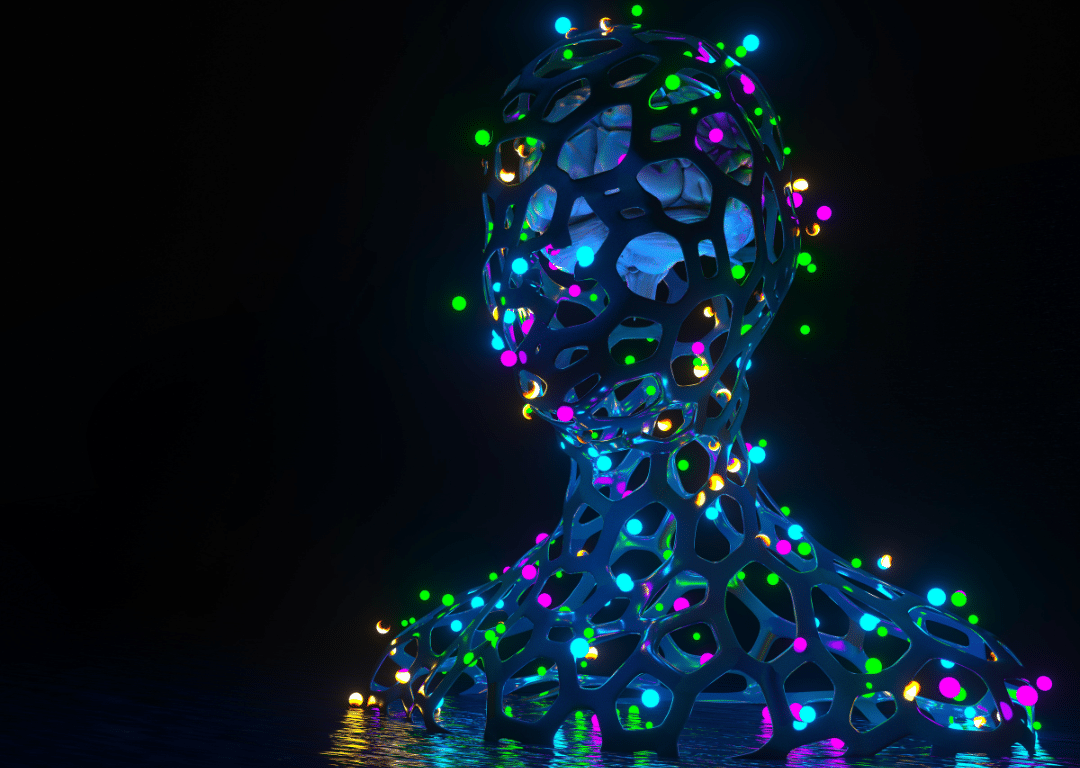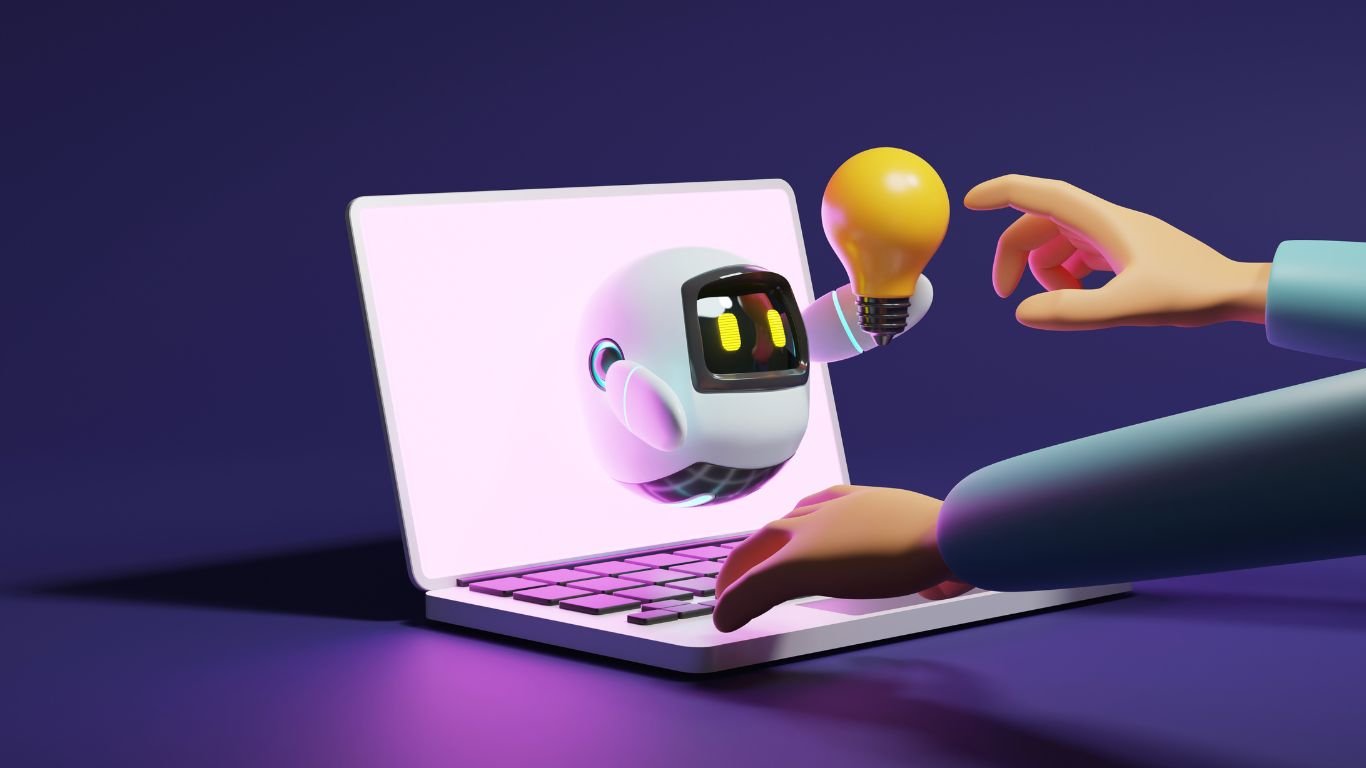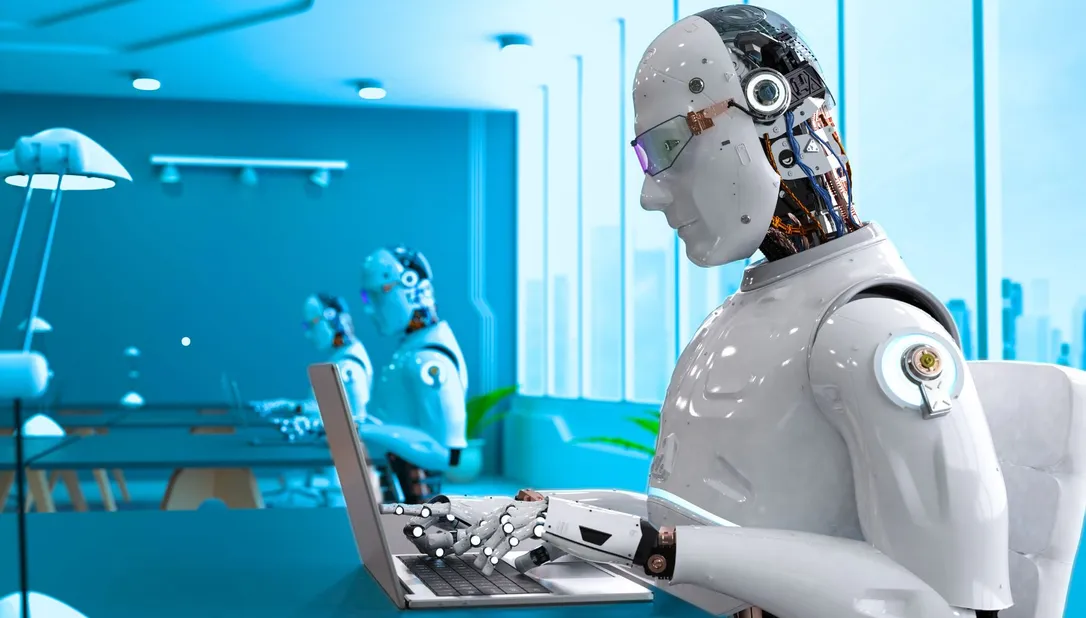- David Mason
Artificial Intelligence: The Future is Now
Artificial Intelligence (AI) is one of the most important and innovative technologies in recent years, capable of improving many aspects of daily life and transforming entire industries.
But what does “artificial intelligence” really mean? In this comprehensive guide to AI, you’ll discover everything you need to know about this revolutionary technology and its applications in various sectors.
We’ll explain how AI works, what the fundamental principles of machine learning and deep learning are, and how these can be used to develop artificial intelligence algorithms capable of processing data and making complex decisions.
Are you ready? Let’s get started!
“ The artificial intelligence will be humanity’s most significant achievement, but sadly, it could be the last” – Stephen Hawking

What are we talking about in this article?
ToggleDevelopment of Artificial Intelligence
AI has been developed to overcome the limitations of traditional programming and create systems capable of learning autonomously from input data.
By using machine learning algorithms, machines can improve their performance over time by processing large amounts of data and learning from it.
The history of AI dates back to the 1950s, but in recent years, it has experienced significant growth thanks to new techniques such as neural networks and deep learning.
Today, AI is used in various sectors, including industrial production, healthcare, finance, marketing, and many others.
Applications of Artificial Intelligence
AI has revolutionized many industries, and this has been possible due to its versatility and ability to adapt to different situations.
For example, autonomous vehicles use artificial vision algorithms to process information and make decisions based on what they see, making driving safer and more efficient.
AI is also used in medical diagnosis, financial data analysis, natural language processing, and human resources management.
However, its use is not without challenges, such as the need to ensure data privacy and security, as well as managing the risk of technological unemployment.
Impact of AI on Society
Artificial Intelligence is a technology that is revolutionizing society in unprecedented ways.
Despite its applications being remarkable and beneficial, the widespread adoption of this technology presents several challenges.
- The first challenge is the creation of social inequalities.
AI often requires significant investments in terms of infrastructure, staff training, and the development of customized algorithms.
This can exclude some segments of the population that do not have access to the resources needed to fully harness AI’s potential.
This could lead to a society divided between those who can fully leverage its benefits and those who cannot.
- The second challenge concerns the threat to privacy.
AI requires a massive amount of data to function properly.
This data can be personal and sensitive, so there is a risk of it being breached or used improperly, as happened with the closure of Chat GPT.
- The third challenge is the reduction of people’s autonomy.
AI can make people dependent on machines, for example, in the case of autonomous vehicles or robots performing manual labor.
This could lead to job loss and dependence on machines, resulting in a reduction of human autonomy.
Finally, AI can impact people’s mental health and well-being.
For instance, excessive use of AI-fueled social media can lead to addiction and the loss of valuable time.
Additionally, AI can be used to manipulate people’s emotions through targeted advertising or the use of chatbots.
To mitigate these undesirable effects, organizations and governments should adopt policies of social inclusion and promote fair access to AI.
Security measures should be ensured to protect data privacy, and ethical use should be promoted.
Overall, society should take a critical and conscious approach to AI, recognizing both the benefits and challenges of this emerging technology.
The Future of AI
The future of Artificial Intelligence is very promising, with numerous prospects for future development.
General AI could lead to increased automation and reduced production costs, thanks to its ability to learn and adapt to new situations.
Additionally, it could have significant impacts on society and the economy, creating new job opportunities in AI-related sectors.
There are also future innovations like artificial consciousness that raise many ethical questions.
If AI were equipped with consciousness, it could lead to a deeper understanding of the human mind and emotions.
However, there are also important considerations about how conscious machines would be treated.
Ultimately, AI represents an incredible opportunity for humanity.
However, it’s crucial that its development is carefully regulated to ensure that its benefits are accessible to all and that potential challenges are effectively addressed.
AI is destined to become increasingly present in our daily lives, and we must ensure that we harness it responsibly and consciously to maximize its benefits.





